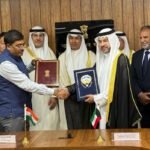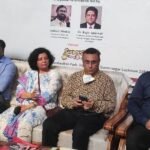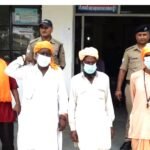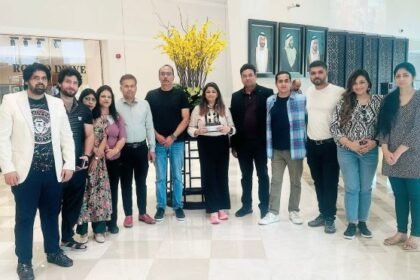
By Mohammad Tarique Saleem
Acid attack is not just a brutal crime, it is one of the most horrific acts of violence that reflects the darkest side of human behavior. Its intent is clear: to destroy not just the body, but the very identity, confidence, and dignity of the victim. Most often targeted at women, acid attacks leave behind scars that go far deeper than the skin. They result in disfigurement, long-term physical disabilities, and intense emotional trauma. Despite legal reforms, strict punishments, and increasing social awareness, the frequency of such attacks remains a pressing concern in India.

However, in the face of such inhumanity, there is also compassion, resilience, and science. Plastic surgery has emerged as a beacon of hope for acid attack survivors. Reconstructive plastic surgery, in particular, offers a second chance at life—helping victims regain their physical features, restore functionality, and rebuild their confidence. It is not just about aesthetics; it is about healing the wounds that cannot be seen, and offering dignity to those who have suffered the unthinkable.

Every year on July 15, India observes National Plastic Surgery Day, a day dedicated to honoring the field and spreading awareness about its importance in healthcare. The date is symbolic, as India is the birthplace of plastic surgery. Ancient Indian surgeon Sushruta, often called the Father of Plastic Surgery, pioneered reconstructive techniques as early as 1000 BC. Inspired by this rich legacy, the Association of Plastic Surgeons of India (APSI) initiated this observance to spotlight the transformative impact of plastic surgery.

This year in Lucknow, a special event was organized at Sheroes Hangout Café, Gomtinagar, Lucknow, a unique space run by acid attack survivors. The event saw participation from plastic surgeons, medical students, civil society organizations, and survivors. Interactive sessions, lectures, and medical consultations were held to educate the public and provide real help to victims. The courage displayed by the survivors served as a powerful reminder of human strength and resilience.
At the same event, Dr. Rajiv Agarwal, Professor and Head of the Department of Burns and Plastic Surgery at SGPGI, launched his book “Acid Attack Injury.” He declared, “Acid attack is not just a heinous crime but the height of inhumanity.” Dr. Agarwal emphasized that all survivors would be provided with necessary medical care. SGPGI has successfully treated 30–40 acid attack survivors, offering them a fresh start.
The Chhanv Foundation, which works tirelessly for acid attack victims, co-hosted the event. Its director, Ashish Shukla, reiterated their commitment to supporting survivors emotionally, socially, and medically. Importantly, the Supreme Court of India mandates free medical treatment for acid attack victims in both public and private hospitals.
No hospital can refuse care, and state governments must ensure treatment and rehabilitation facilities are provided without delay. While an acid attack is an unspeakable act of cruelty, plastic surgery gives survivors the possibility of healing, not just physically, but mentally and emotionally. Events like the one at Sheroes Café are more than symbolic they are steps toward a kinder, more supportive society where victims are seen, heard, and healed.










